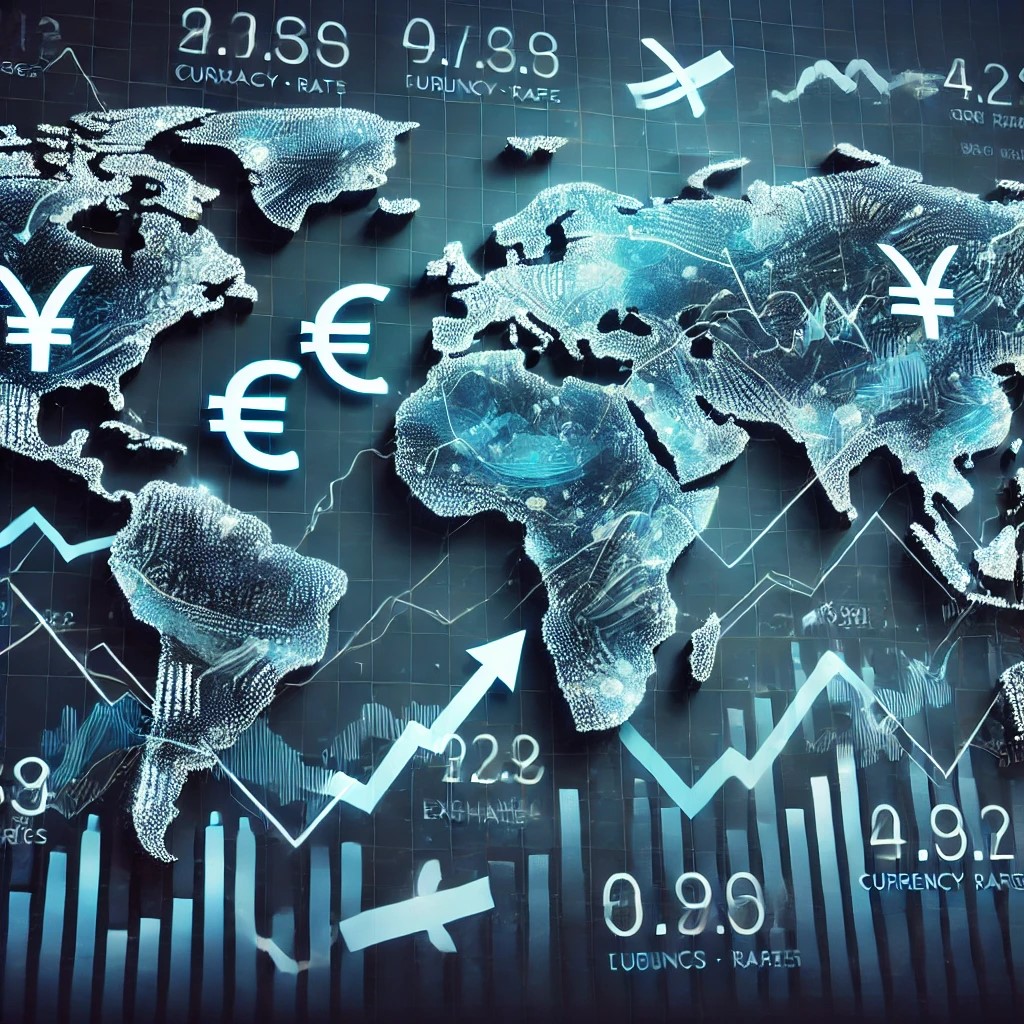Currency wars, also known as competitive devaluations, occur when countries intentionally devalue their own currencies to gain an economic advantage. This can lead to significant shifts in global financial markets, affecting trade balances, investment flows, and economic stability. Understanding the dynamics of currency wars and their impact on financial markets is essential for investors, policymakers, and businesses. This article explores current trends in currency wars and offers future predictions on how they might shape financial markets.

Current Trends
Increased Currency Manipulation: In recent years, there has been a rise in currency manipulation as countries attempt to boost their exports by making their goods cheaper on the global market. Central banks play a crucial role in this process by adjusting interest rates and engaging in foreign exchange interventions. For instance, countries like China have been accused of keeping their currency undervalued to maintain a trade surplus with the United States and other countries.
Impact on Emerging Markets: Currency wars can have severe consequences for emerging markets. These countries often face capital outflows, rising inflation, and increased debt burdens as their currencies weaken. For example, during periods of intense currency devaluation in major economies, emerging markets like Argentina and Turkey have experienced significant financial instability.
Volatility in Forex Markets: Currency wars lead to increased volatility in foreign exchange (forex) markets. Traders and investors react to central bank policies and geopolitical developments, resulting in rapid fluctuations in currency values. This volatility can create both opportunities and risks for forex traders and investors holding foreign-denominated assets.

Future Predictions
Continued Geopolitical Tensions: Geopolitical tensions and economic rivalries are likely to persist, leading to ongoing currency wars. Countries will continue to use currency devaluation as a strategy to protect their economic interests and gain a competitive edge. This will result in sustained volatility in global financial markets.
Digital Currencies and Cryptocurrencies: The rise of digital currencies and cryptocurrencies may change the landscape of currency wars. Central bank digital currencies (CBDCs) are being developed by several countries to enhance control over their monetary systems. Cryptocurrencies like Bitcoin may offer alternatives to traditional currencies, reducing the impact of currency wars on certain market segments.
Investment Strategies: Investors will need to adapt their strategies to navigate the complexities of currency wars. Diversification across different asset classes and currencies will become more important to manage risks. Hedging strategies using derivatives and forex instruments will be employed to protect against currency fluctuations.

Conclusion
Currency wars have significant implications for global financial markets, affecting trade balances, investment flows, and economic stability. Current trends such as increased currency manipulation, trade wars, impacts on emerging markets, forex market volatility, and central bank policies are shaping the landscape. Looking ahead, continued geopolitical tensions, the rise of digital currencies, enhanced regulatory cooperation, impacts on global trade, and evolving investment strategies will further influence the dynamics of currency wars. By understanding these trends and predictions, investors, policymakers, and businesses can better navigate the challenges and opportunities presented by currency wars in the global financial markets.





